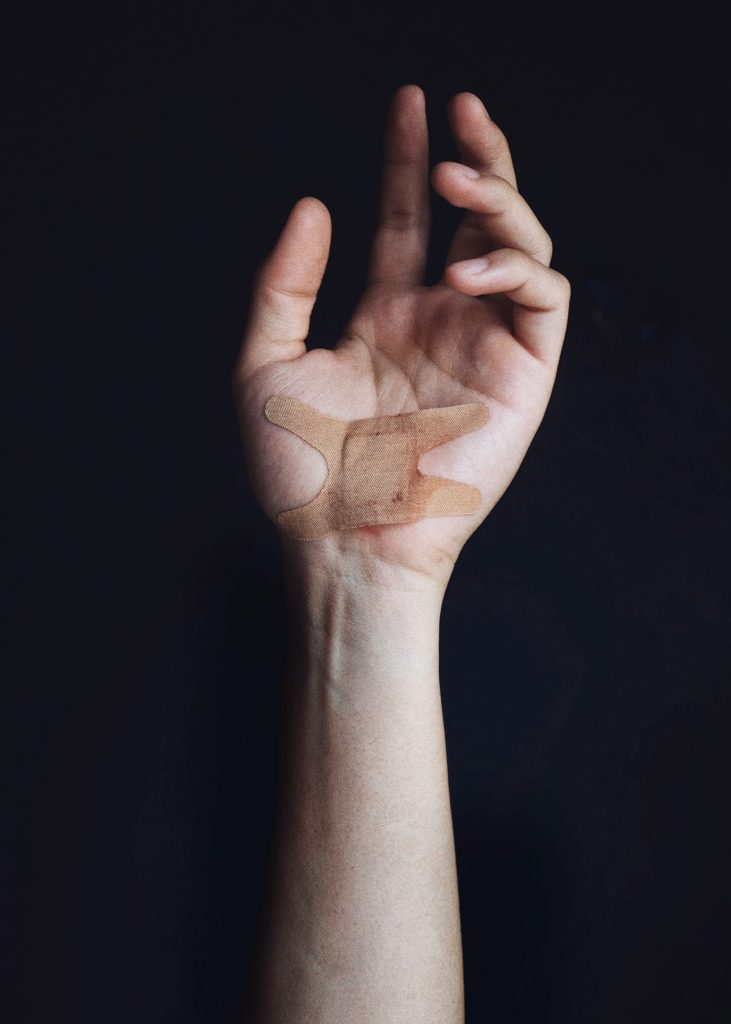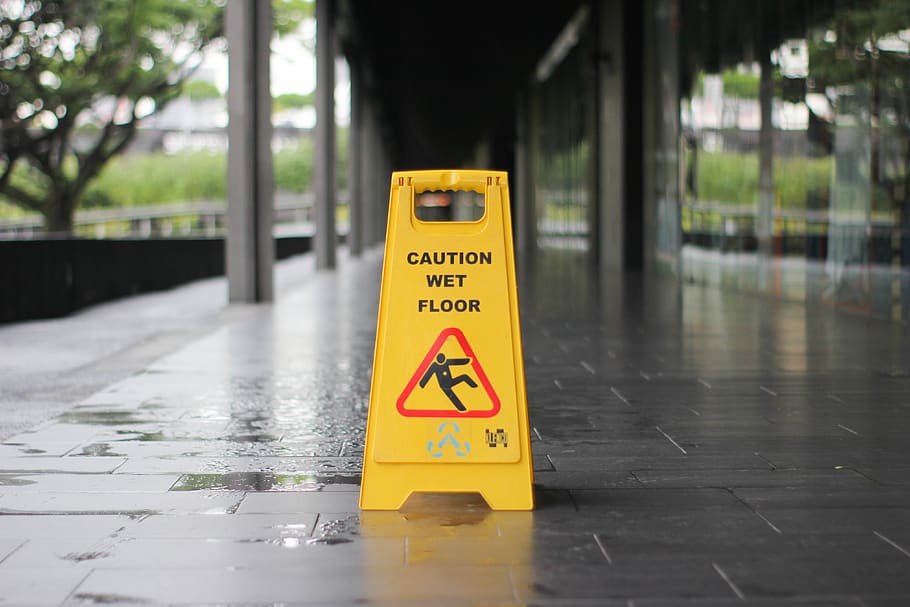Nerve damage, also known as peripheral neuropathy, is often associated with certain medical conditions, including lupus, Guillain-Barre syndrome, vasculitis, Sjogren’s syndrome, and rheumatoid arthritis. It is perhaps most commonly associated with diabetes. However, nerve damage may also result from a slip and fall injury. You are most susceptible to suffering nerve damage in your hands, feet, and arms following a slip and fall. Though, a slip and fall accident can cause nerve damage in other areas of your body as well.
When you suffer nerve damage following an injury, the nerves cease to receive the signals from the brain that carry and transmit physical sensation. In some instances, partially damaged nerves can heal over time. In other, more serious cases of nerve damage, the injury can be life-altering. Read on to learn the specific warning signs related to nerve damage from an injury and the steps that should be taken following a slip and fall accident.
How Does Nerve Damage Occur?
Nerve damage may result from an accident injury. Typically, the severity of your injuries will determine the severity of the nerve damage suffered. For example, a minor injury might cause nerve damage. In these cases, the body will heal itself when possible. However, nerve damage can be much more severe when a more serious injury occurs, often requiring surgery to repair the nerve. Severe nerve damage can be life-altering for the accident victim and their family.
Nerves consist of fibers called axons, covered in tissue that acts as insulation. In some cases, the victim of a slip and fall may suffer fiber damage, damage to both fiber and tissue, and, in extreme cases, a nerve may be severed completely.

Signs of Nerve Damage After a Slip and Fall
When a person’s nerves fail to function properly, they will likely experience uncomfortable or painful bodily sensations. That results from the nerves being unable to carry the right signals from the victim’s brain to their spinal cord.
Symptoms of nerve damage to look for following a slip and fall injury include:
- Tingling or numbness in your feet and hands
- A feeling that mimics wearing tight socks or gloves
- Muscle weakness in the legs, arms, or other parts of the body
- Dropping objects
- Sharp pain in the feet, legs, arms, and hands
- Buzzing sensations that feel like mild electrical shocks
The damage to the accident victim’s nerves tends to be the worst around the area of the body that suffered the injury. For example, an injury to your shoulder or arm will most likely cause you to experience symptoms of nerve damage in your hands and arms, rather than in your feet.
How to Repair Nerve Damage
In some cases, nerve damage from a slip and fall injury can be repaired by a medical professional, particularly if the nerve damage is treated quickly following the injury. When it comes to nerve damage, if you wait too long to be treated, the nerve damage can get progressively worse and reach a point where they become irreparable. That is why it is important to seek medical attention following a slip and fall or when you become aware of nerve damage symptoms in your body.
Thankfully, medical advances allow doctors to repair nerve damage long after the accident. By exploring damaged nerves, removing injured tissues, and reconnecting severed nerves when necessary, doctors can improve the quality of life for those who have suffered nerve damage from a personal injury, like a slip and fall accident. However, that quality of life is greatly diminished the longer you wait to address the issue.
Once a doctor has repaired the damaged nerve, the victim can expect physical sensations to return gradually, usually after a few months. Thankfully, the human body’s nerves can heal and regenerate after being damaged, assuming they are repaired properly.

The Aftermath of Nerve Damage from a Slip and Fall: Next Steps
If you or a loved one has suffered nerve damage from a slip and fall accident, you may be entitled to recover damages from those responsible for your injury. Mounting medical bills, loss of income, pain, and suffering are all very real consequences of nerve damage suffered in a slip and fall accident. So, following treatment of your injuries, the next call you should make is to a skilled slip and fall attorney who can work with you and your loved ones to hold those responsible for your accident accountable and receive the compensation you deserve.
A two-year statute of limitations applies to filing a slip and fall lawsuit in Philadelphia. The clock starts ticking on the date of the accident, so don’t delay.
At Thistle Law, we have recovered millions of dollars for our clients who suffered nerve damage and other medical complications related to slip and fall injuries. With decades of experience in personal injury law, the slip and fall experts from Thistle Law can help you fight for the compensation that you and your family deserve. Call us at 215-568-6800 or fill out our contact form here.

